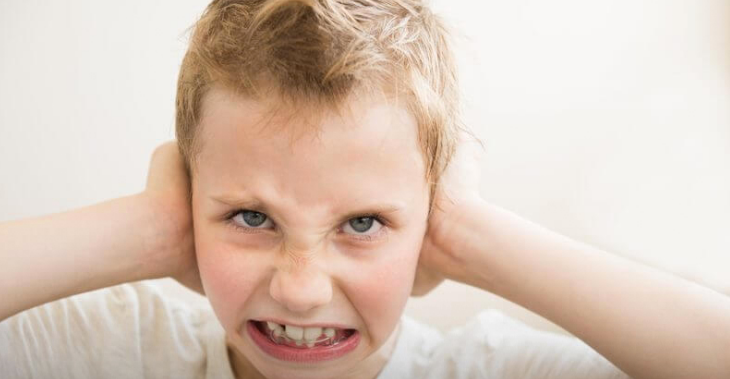
Child abusive behavior therapy or violence is a very complex issue, the emotional and psychological effects of these abuses affect the child in the long run. Addressing all these problems at the right time helps the child to avoid severe symptoms of abuse. There are therapies that prove to be beneficial for treating child abuse, but before jumping into the treatment we will figure out the effects of abuse on child mental health.
Psychological Effects of Child abuse:
Child abuse is a severe matter, there are some long-term consequences, In some cases even if the abuse is stopped still the child faces some episodes of distress and anxiety. There are chances of mental health risks. Some of the effects are below;
Anxiety attack:
There is an unusual sense of fear in the victim, he may be afraid of people and events which remind him of past events. So he may avoid going in public which may alleviate the anxiety level. These symptoms may have gone worse with episodes of panic and anxiety attacks. Also, read Cognitive Behavioral Therapy Cleveland OH to learn more about Child abusive behavior therapy.
Mood swing:
The mood swing is very common in the victim which may be the result of low interaction with the people, low self-esteem, or insomnia.
Enraged behavior:
An enraged attitude is very common in child abuse survivors. The angry behavior towards the abuser is very common but they may also be enraged at themselves for being abused.
Anger is a very natural response of the victim but in the long-term, it may be proven to be fatal and turn out into other psychological complications.
Shame:
The survivors may develop the element of shame, they develop the thought that only they are responsible for the abuse, they should react at that time and stop that terrible event. Due to this factor, the survivor may hesitate to share his feelings with those who can help him to settle this issue.
Depression:
The symptoms of depression are very common in the child, he may refuse to do things that he used to do before the event of abuse. He may avoid social interaction like playing with his friends, going outside. They also avoid activities that remind them of the abuser.
Trust Issues:
Trust issues also develop among the individuals who faced the abuse. It’s very difficult or sometimes impossible for them to trust others after that terrible event.
Treatment through therapies:
Timely treatment is very important, especially to avoid long-term mental and physical health complications. The first step of treatment is to ensure the safety of the child, the behavior therapy helps in reducing the long-term negative consequences of child abuse. Some of the therapies are below:
Trauma-focused Cognitive behavior therapy:
Trauma-focused cognitive behavior therapy is an evidence-based and widely used therapy to treat child abuse survivors. The components of this therapy are:
Psychoeducation:
A discussion and awareness campaigns about child abuse. In these general awareness campaigns, the core focus is to understand the complexity of this issue, the development of effective communication between the child and the parents, focusing on positive parenting skills, and making strategies for child behavior management.
Relaxation Exercises:
In this area, the core focus is to develop sound coordination between the body and the mind. Physicians typically prescribed breathing exercises for muscle and mind relaxation. Visual imagery and some other breathing exercises are very helpful in relaxing the mind and reducing anxiety.
Cognitive coping and processing:
This process helps the child and the parents to understand the connection between negative thoughts and behavior. The elimination of negative behavior and replacing it with some positive attributes are also part of this process.
Trauma narration:
In this step, verbal and written communication is conducted, these regular exercises help the victim to cope with the unusual thoughts about the abuse.
In-vivo Exposure:
This activity is used to expose the victim to the setting where actually the event of trauma occurred. This activity is conducted just to guide the victim to face the emotional and negative thoughts of that event.
Joint Session:
A joint session in which the child and his parents both involved will open the chances to understand the situation better. As the participation of the parents in the therapeutic session brights the chances of better communication which is vital for effective treatment.
Awareness about developing personal safety skills:
At the end of the session, there is a firm need to encourage the child to develop personal safety skills. These skill sets are necessary for not only the victims or survivors but for every child. These skill-sets will help them to avoid any unpleasant event in the future. If your concern is not clear then you should reach out to psychiatrist Office Me.
So, these are some of the very few components of trauma-focused cognitive behavior therapy. Which are very essential for treating the victims of child abuse.
Final Words
Hope you have learned a lot from this Child abusive behavior therapy article. We Thank Ezineposting for providing us with this platform where anyone can read as he can. Also, anyone can learn a lot from this platform. Because many articles published on daily basis here.